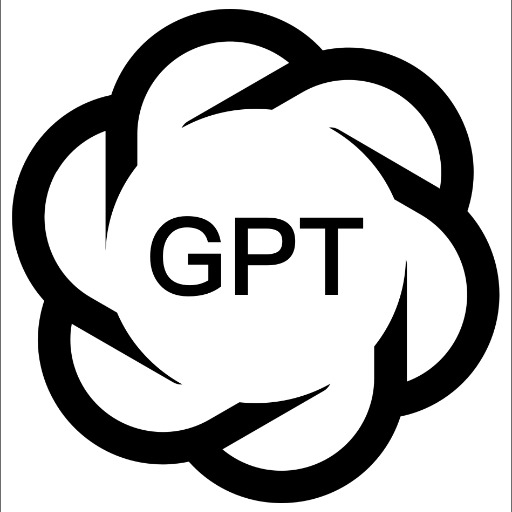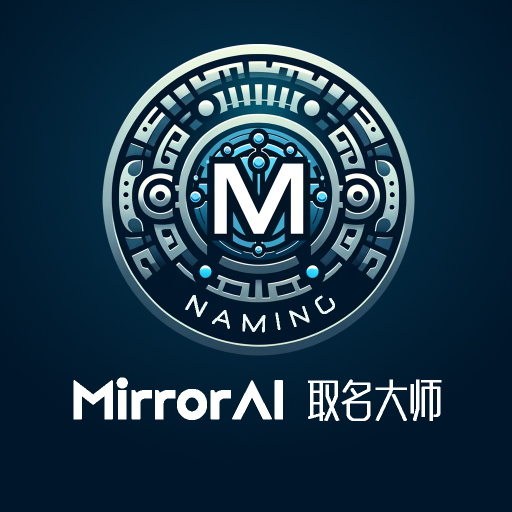中国传统智慧-起名GPT-AI-powered traditional name analysis.
Empower your name with traditional wisdom.
帮我起一个具有传统意义的现代名字
易经是如何看待“赵丽颖”这个名字的
“赵丽颖”这个名字的五行含义是什么
给一个女孩起名,要求具有金属元素
Related Tools
Load More
繁體中文 GPT
ChatGPT4 官方繁體中文版本 Plus

AI 起名大全
周易生辰八字取名,在线起名结合生肖生辰八字-国学周易-五行喜忌-唐诗宋词-诗经楚辞-三才五格,起专属自己的好寓意美名,郎朗上口不重名!已为1000万+用户赋予专属好名!

宝宝起名
专为新生宝宝设计,融合华人传统文化与现代审美,提供富有深意和美感的中文名字,并智能匹配相应的英文名字,保证在全球文化背景下的独特性和易于理解。

Translate GPT (Chinese to English Translation)
Translate GPT will help you translate from Chinese to English for any text.

国学大师起名
国学大师,起名专家,精通华夏文化,诗词歌赋

MirrorAI取名大师
目前部分功能在完善中,完善后会在首页告诉大家。根据姓名五格,五行干支,基于你的生日,定制化你的姓名,助你大吉大利好运连连!支持正式姓名,笔名艺名等昵称,支持名字中出现指定的字,更多功能等你探索。
20.0 / 5 (200 votes)
Introduction to 中国传统智慧-起名GPT
中国传统智慧-起名GPT is a specialized tool designed to assist individuals in choosing names rooted in Chinese traditions such as 易经 (I Ching), 五行 (Five Elements), and traditional naming practices. Its core function is to generate culturally significant names based on principles from ancient Chinese wisdom. By leveraging historical texts and philosophies, it can also provide detailed explanations and analyses for any given name. For instance, it considers the balance of 五行 (Metal, Wood, Water, Fire, Earth) and 易经’s divination methods when generating or analyzing names. In practice, a user might input a child's birth details, and the tool would propose a name harmonizing with their 八字 (four pillars of destiny).

Key Functions of 中国传统智慧-起名GPT
Name Generation Based on 五行 and Birth Elements
Example
A child born on a date where the 八字 lacks the Water element might be recommended a name containing characters that correspond to Water, such as '海' (sea) or '泉' (spring).
Scenario
Parents seeking to balance their child's elemental chart based on Chinese metaphysics use this feature for harmonized growth and fortune.
Detailed Name Analysis
Example
When given a name like '王瑞声', the tool can break down each character's 五行 association, its phonetic and symbolic significance, and its overall compatibility with the individual's destiny.
Scenario
Individuals wanting to understand how their given name influences their personality, health, or fortune could utilize this function to make decisions about potential name changes.
Naming Consultation Based on Specific Themes
Example
For a family desiring a name reflecting academic success, names like '文昌' (associated with the god of literature) would be suggested.
Scenario
This is useful for parents or individuals wanting a name that resonates with specific aspirations like prosperity, wisdom, or longevity.
Ideal Users of 中国传统智慧-起名GPT
Parents of Newborns
Parents looking to give their child a meaningful and auspicious name according to traditional Chinese beliefs in Five Elements and I Ching principles would greatly benefit from this tool. The service provides culturally relevant names tailored to the child's birth chart.
Individuals Interested in Changing Names for Better Fortune
People who believe their current name might negatively influence their luck, career, or health and wish to change it based on 五行 compatibility or 易经 divination would find this tool useful for selecting an optimal name that improves their life prospects.

How to Use 中国传统智慧-起名GPT
1
Visit aichatonline.org for a free trial without login, also no need for ChatGPT Plus.
2
Prepare the necessary information: You need to provide details such as the person's birthdate, gender, and any specific cultural or symbolic preferences to ensure an accurate name analysis.
3
Input the name: Enter the name you wish to analyze or request a new name based on traditional Chinese wisdom, incorporating elements like the Five Elements (五行) and the I Ching (易经).
4
Receive a detailed analysis: The tool will provide a comprehensive breakdown of the name's meaning, suitability based on the Five Elements, and any auspicious or inauspicious associations.
5
Optimize the name: Based on the feedback, refine the name to better align with the desired attributes or cultural significance, ensuring it meets the preferred criteria.
Try other advanced and practical GPTs
天气艺术家
AI-powered 3D weather visualization tool.

Geppetto_Py
AI-powered interactive programming tutor.

Python Code
AI-powered Python coding and debugging

Python Pro
AI-powered assistance for smarter Python coding

F# Expert
AI-powered F# programming assistant.

PyxGPT
AI-powered Python Programming Assistant
"Quote Master" - Create Quotes+Images
Create Stunning Quotes with AI

Eleven Dynamics Blogpost Copywriter
AI-powered blog writing for industry experts.

Quick QR Art - QR Code AI Art Generator
AI-Powered Artistic QR Code Generator

ADHD Momentum Master
Your AI-powered ADHD Companion.

Homer 2.0
AI-driven cultural storytelling for travel

MIDJOURNEY PROMPT GENERATOR FOR INTERIOR DESIGN
AI-powered prompts for creative interior designs.
- Analysis
- Astrology
- Culture
- Tradition
- Naming
Q&A about 中国传统智慧-起名GPT
How does 中国传统智慧-起名GPT use the Five Elements (五行) for naming?
中国传统智慧-起名GPT analyzes the balance of the Five Elements (Wood, Fire, Earth, Metal, Water) in a person's birth chart to recommend names that enhance harmony and balance. It ensures the chosen name complements the individual's elemental composition, promoting positive attributes.
Can 中国传统智慧-起名GPT provide names with specific cultural meanings?
Yes, it incorporates cultural and historical contexts, drawing from Chinese literature, history, and traditional wisdom to provide names with profound meanings, symbolism, and cultural resonance.
What information is needed to get an accurate name suggestion?
You need to provide the individual's birth date, gender, and any specific preferences or meanings you wish to include in the name. This information allows for an analysis based on the Five Elements and I Ching principles.
How does 中国传统智慧-起名GPT evaluate existing names?
It analyzes the name's structure, meaning, and its alignment with the Five Elements and I Ching principles. It considers factors like phonetics, symbolism, and numerology to assess the name's overall auspiciousness and harmony.
Can it suggest names for both genders?
Yes, 中国传统智慧-起名GPT can suggest names tailored for both males and females, considering gender-specific characteristics and traditional naming conventions to ensure the name is appropriate and meaningful.